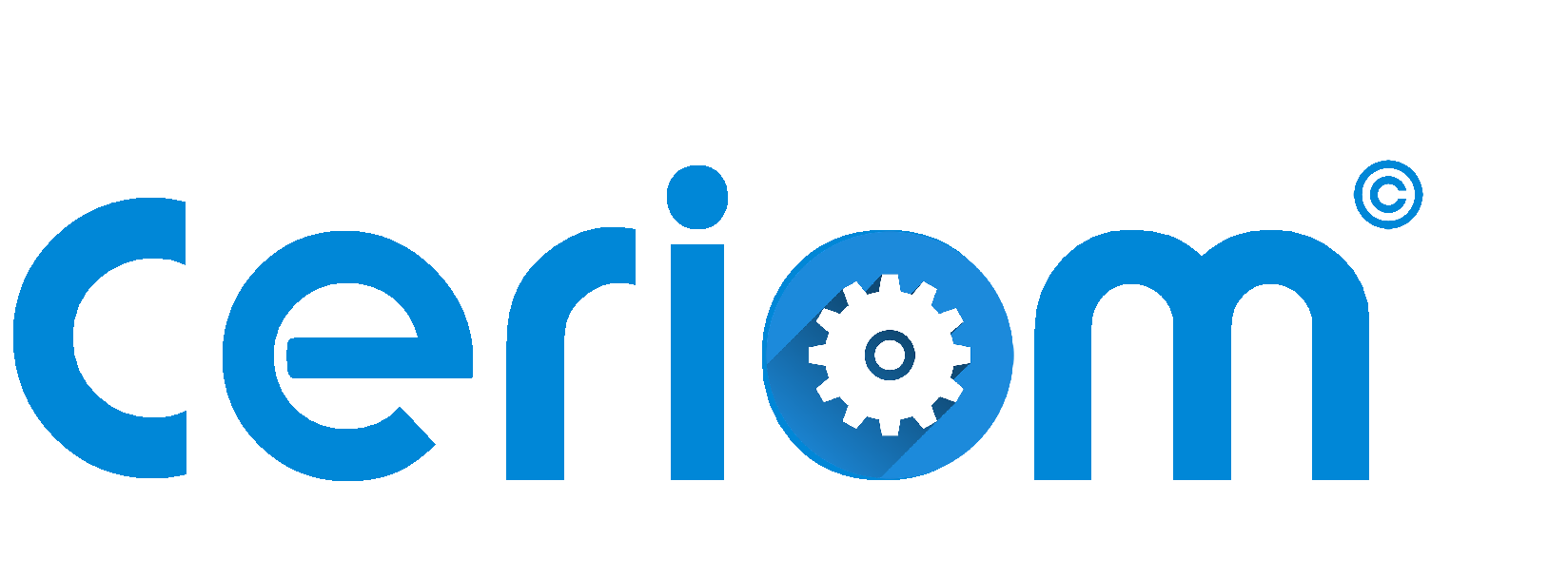PCR Wound Sample Collection Training for Mobile Healthcare Providers
Duration: 3-4 hours (including hands-on practice and assessment)
Target Audience: Nurses, Medical Assistants, Mobile Healthcare Providers
Mode: In-person or Online with Practical Demonstration
Course Objectives:
By the end of this course, participants will be able to:
- Understand the principles and importance of PCR molecular testing for wound infections.
- Identify and prepare the necessary equipment and materials for proper sample collection.
- Perform aseptic wound sampling techniques to minimize contamination.
- Handle and transport samples according to laboratory protocols and regulatory standards.
- Recognize common errors and troubleshooting techniques in PCR wound sample collection.
Course Modules:
Module 1: Introduction to PCR Testing for Wound Infections (30 minutes)
- What is PCR testing? (vs. traditional CNS culture testing)
- Why PCR for wound infections?
- Faster and more accurate pathogen identification
- Detection of antibiotic resistance genes
- Quantitative data for clinical decision-making
- Key advantages in SNFs and ALFs
- Prevents unnecessary antibiotic use
- Reduces hospitalizations
Module 2: Pre-Sample Collection Preparation (45 minutes)
- Understanding Wound Types & Indications for PCR Testing
- Chronic vs. acute wounds
- Signs of infection requiring PCR analysis
- Review of Required Materials & PPE
- Swab collection kit
- Transport media
- Labels & requisition forms
- Biohazard bags
- Infection Control & Aseptic Technique
- Hand hygiene and glove use
- Avoiding cross-contamination
Module 3: Proper PCR Wound Sample Collection Technique (1 hour)
Step-by-step collection method:
- Verify patient identity and document wound site.
- Cleanse wound area with sterile saline (if applicable).
- Select appropriate swab type (e.g., flocked swab).
- Use the Levine or Z-Stroke Technique to obtain an optimal sample:
- Levine Technique: Apply pressure and rotate swab in a 1 cm² area.
- Z-Stroke Technique: Swab in a zigzag motion across the wound bed.
- Place swab immediately into the transport tube.
- Properly seal and label sample container.
- Dispose of PPE and waste per infection control guidelines.
Module 4: Sample Handling, Transport, and Documentation (30 minutes)
- Proper Labeling & Chain of Custody
- Patient identifiers
- Collection time and date
- Provider initials
- Transporting Samples to the Laboratory
- Refrigeration requirements
- Courier protocols and turnaround time expectations
- Regulatory Compliance & Documentation
- CLIA and CAP standards for sample integrity
- Completing electronic medical records (EMR)
Module 5: Troubleshooting and Common Errors in Sample Collection (30 minutes)
- Common Collection Mistakes
- Dry swabs or improper transport
- Insufficient sample quantity
- Touching contaminated areas (e.g., skin, pus, exudate)
- How to Avoid False Negatives or Inconclusive Results
- Case Scenarios & Group Discussion
Module 6: Hands-on Practical Session & Assessment (45 minutes)
- Live Demonstration of Proper Collection Techniques
- Guided Hands-on Practice with Feedback
- Final Competency Check & Certification Quiz
Course Completion & Certification:
- Participants must successfully collect and handle a mock PCR wound sample.
- Pass a 10-question assessment on best practices.
- Receive a Certificate of Competency in PCR Wound Sample Collection.
